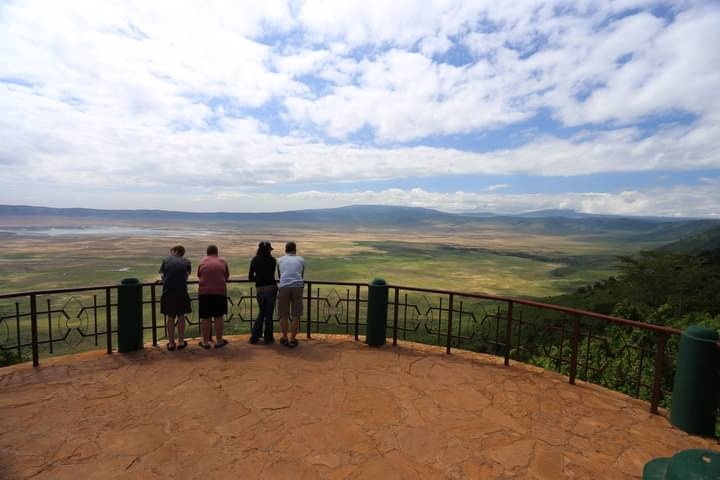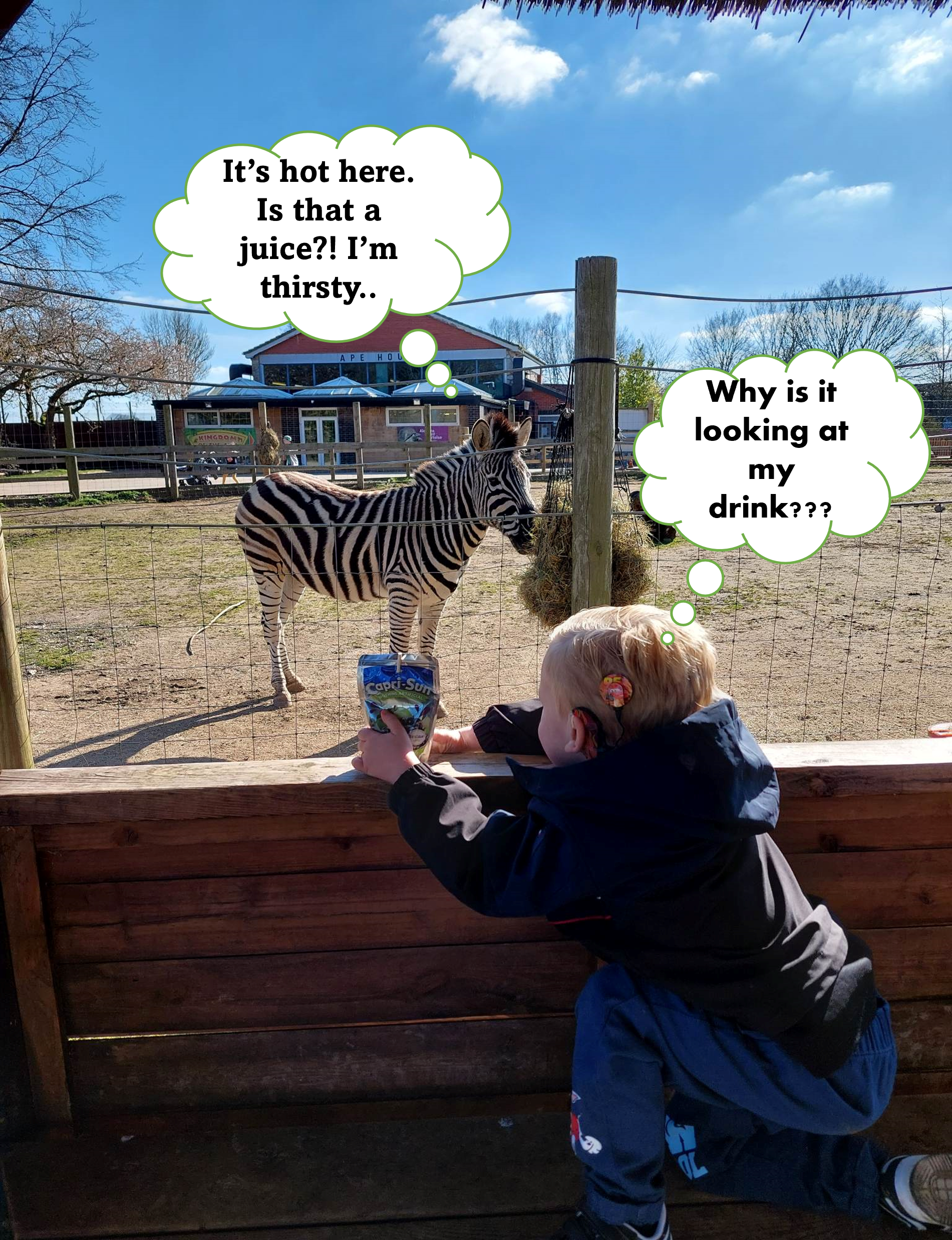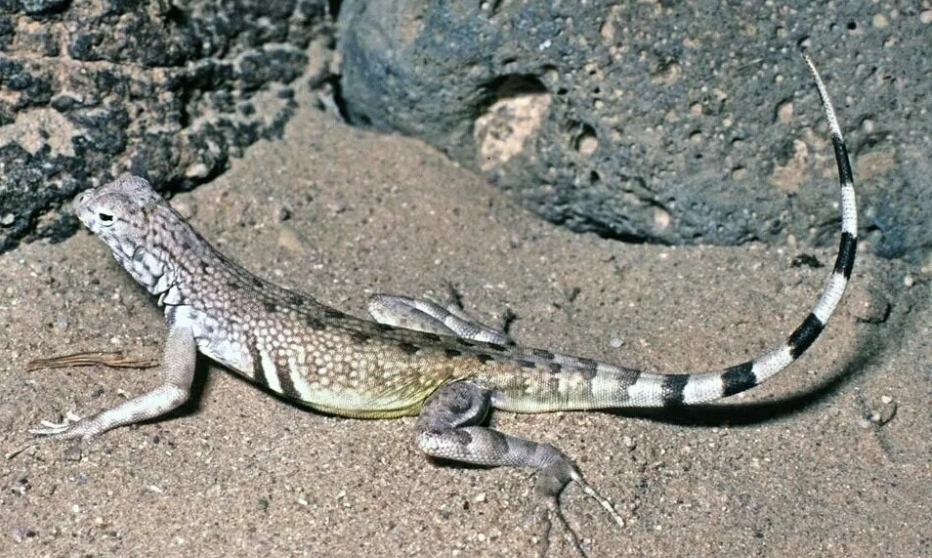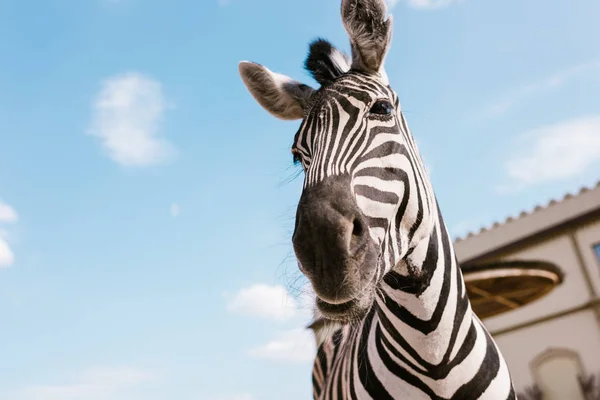Ngorongoro Conservation Area is in northern Tanzania.
It’s home to the vast, volcanic Ngorongoro Crater and “big 5” game (elephant, lion, leopard, buffalo, rhino). Huge herds of wildebeests and zebras traverse its plains during their annual migration.
It’s home to the vast, volcanic Ngorongoro Crater and “big 5” game (elephant, lion, leopard, buffalo, rhino). Huge herds of wildebeests and zebras traverse its plains during their annual migration.
Ngorongoro Conservation Area is in northern Tanzania.
It’s home to the vast, volcanic Ngorongoro Crater and “big 5” game (elephant, lion, leopard, buffalo, rhino). Huge herds of wildebeests and zebras traverse its plains during their annual migration.








